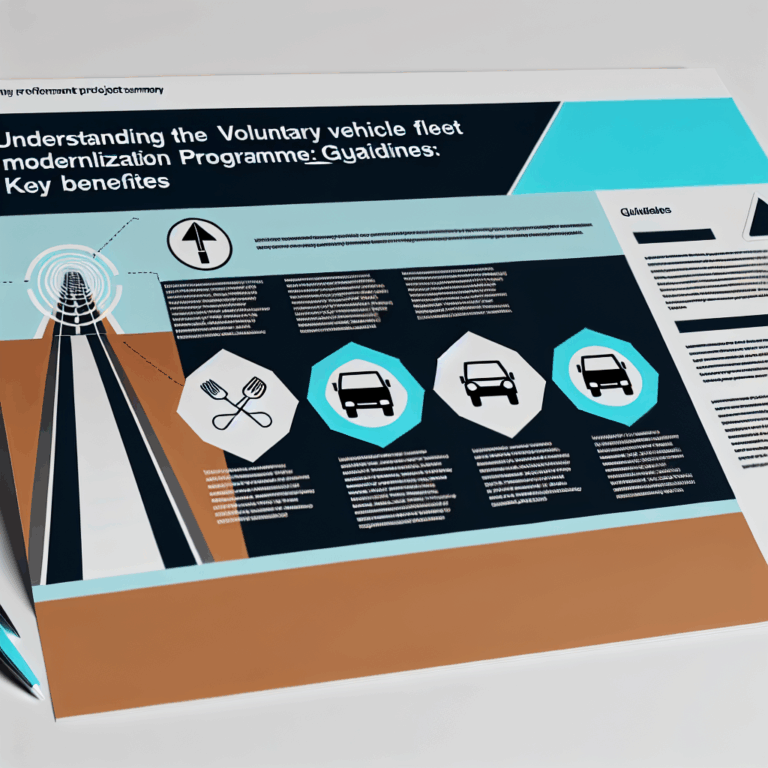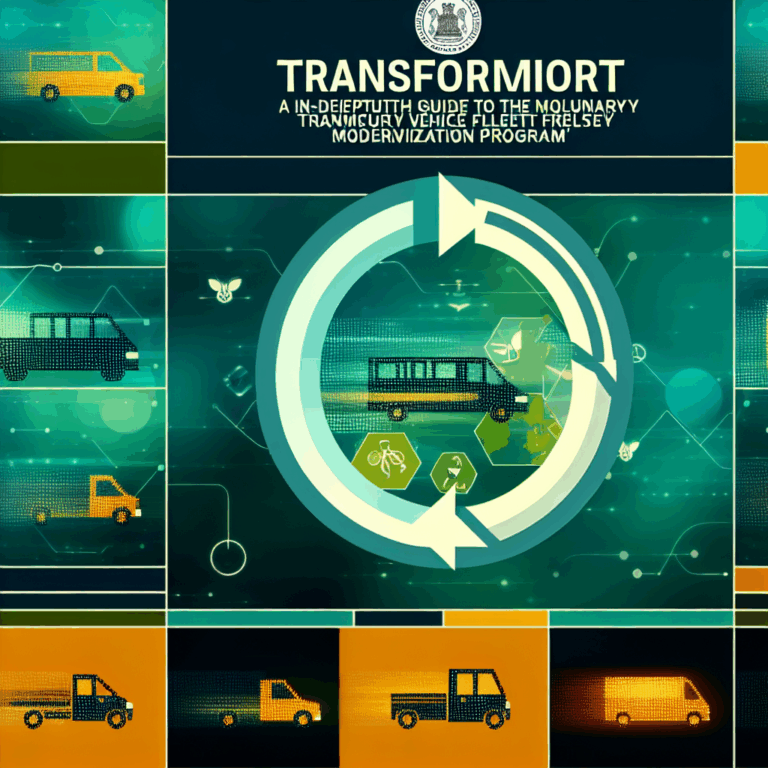Copyright @ 2023 www.digimitr.com. All rights reserved.

Unlocking Potential: An In-Depth Guide to the Clean Plant Programme (CPP) by the Ministry of Agriculture & Farmers Welfare
Learn about the details of the government scheme titled “Unlocking Potential: An In-Depth Guide to the Clean Plant Programme (CPP) by the Ministry of Agriculture & Farmers Welfare”. This initiative is overseen by the relevant ministry and aims on providing benefits to eligible beneficiaries.
Here is a comprehensive overview:
Introduction
The Clean Plant Programme (CPP) initiated by the Ministry of Agriculture & Farmers Welfare in India aims to enhance the agricultural framework by providing farmers with access to high-quality planting material. The significance of clean planting material cannot be overstated, as it directly correlates with agricultural productivity, sustainability, and economic stability. This program addresses the need for disease-free and genetically superior planting materials, thus empowering farmers to improve crop yield and quality.
By implementing this program, the Ministry recognizes the pivotal role of clean plants in ensuring food security and boosting farmers’ income. The initiative aligns seamlessly with other agricultural reforms and innovation strategies to establish a robust and resilient agricultural sector.
Eligibility Criteria
While the CPP is designed to benefit a wide range of farmers, there are specific eligibility criteria that must be met to partake in the program. Farmers engaged in the cultivation of commercial crops, particularly fruits and vegetables, are prioritized. Additionally, farmer cooperatives and groups focusing on agricultural production can also apply.
To ensure that only those with a genuine commitment to sustainable practices are included, interested applicants must demonstrate:
1. A track record of agricultural activity, ideally focusing on fruit and vegetable crops.
2. Membership or active participation in a recognized farmers’ organization or cooperative.
3. Compliance with local agricultural guidelines and standards.
These criteria ensure that the Clean Plant Programme not only reaches those who are most committed but also enhances collective agricultural prospects in the long term.
Key Features and Benefits
The Clean Plant Programme is underpinned by several key features designed to maximize its impact on agriculture. One of the most salient aspects is the provision of disease-free planting material. This initiates a ripple effect; healthier plants lead to better yields and, consequently, fresher produce in the market.
Additionally, CPP promotes research and technological advancements in plant breeding, benefiting from collaborations with agricultural universities and research institutions. This ensures that farmers receive not only high-yield varieties but also crops that are more resilient to changing climatic conditions.
Another key feature is the establishment of clean plant nurseries, which serve as a reliable source for farmers. These nurseries are monitored and certified by authorized bodies, ensuring that the planting material is not just clean but also of high genetic quality.
The benefits extend beyond productivity; participating farmers are trained in modern agricultural techniques, thus enhancing their knowledge and skills. The training programs cover areas like pest management, organic farming practices, and sustainable approaches to farming. By improving farmers’ competencies, CPP helps to build a more knowledgeable farming community.
Application Process
Applying for the Clean Plant Programme is a structured process aimed at ensuring transparent access to the benefits offered. Applicants interested in joining the CPP must follow these steps:
1. **Registration**: Interested farmers or cooperatives should first register online via the Ministry’s official website.
2. **Documentation**: Gather and submit required documents such as proof of land ownership, membership in a farmers’ organization, and compliance with local agricultural guidelines.
3. **Application Submission**: Fill out the application form, ensuring all fields are accurately completed. Submit the form electronically along with the required documents.
4. **Verification**: Once submitted, the application will undergo verification by designated authorities. This may involve site visits and document checks to confirm eligibility.
5. **Approval and Training**: Upon approval, farmers will be invited to participate in training sessions and receive assistance in establishing clean planting material.
This structured approach not only streamlines the process but also fosters trust between farmers and governing bodies.
Funding and Budget
The Ministry of Agriculture & Farmers Welfare has allocated a substantial budget for the Clean Plant Programme, reflecting the government’s commitment to enhancing agricultural productivity. Financial support is available not only for purchasing disease-free planting materials but also for setting up clean plant nurseries.
Funding is often complemented by grants, subsidies, and loans provided by government financial institutions. The aim is to alleviate initial costs for farmers while ensuring they can access high-quality resources. This financial backing promotes the establishment of sustainable agricultural practices among farmers.
Achievements or Impact
Since its inception, the Clean Plant Programme has recorded commendable achievements. An increasing number of farmers have reported significant improvements in crop yield, which translates to better income and food security in rural areas. The establishment of clean plant nurseries has fostered an ecosystem of innovation and collaboration among agricultural stakeholders.
Furthermore, enhanced knowledge transfer through training has resulted in more environmentally sustainable farming practices. These achievements collectively contribute to the overarching goal of self-sufficiency in food production.
Challenges
Despite its successes, the Clean Plant Programme has encountered several challenges. Awareness and acceptance among farmers some reluctant to shift from traditional planting methods can hinder progress. Additionally, the consistency and availability of high-quality planting materials can be a restraint, emphasizing the need for a robust supply chain system.
There is also a pressing need for ongoing training to ensure that farmers can effectively utilize the resources available. Without continuous support, the long-term sustainability of the program may be at risk.
Recent Updates
In recent years, the Clean Plant Programme has seen the introduction of digital tools and mobile applications to streamline the registration and application processes. These advancements aim to make it easier for farmers to access the necessary resources and services. Moreover, the Ministry is exploring partnerships with private sector companies to enhance supply chains for quality planting materials.
The government is also focusing on monitoring and evaluation measures to assess the program’s impact and adapt strategies as needed, ensuring that the CPP remains relevant and effective in today’s changing agricultural landscape.
Conclusion
The Clean Plant Programme stands as a pivotal initiative in the realm of Indian agriculture, addressing key issues of quality, productivity, and sustainability. By ensuring that farmers have access to clean, disease-free planting materials and ongoing education, the CPP not only seeks to enhance agricultural output but also aims to improve the economic well-being of farmers.
As the agriculture sector faces increasing challenges, including climate change and population growth, initiatives like the CPP are vital. By fostering resilience and innovation, the program is unlocking the potential of farmers, ultimately contributing to the broader goal of food security and sustainable development in India.
FAQ
1. Who can apply for the Clean Plant Programme?
Farmers engaged in the cultivation of commercial crops, particularly fruits and vegetables, as well as recognized farmer cooperatives, are eligible to apply for the CPP.
2. What kind of support does the CPP provide?
The CPP provides access to disease-free planting materials, training in modern agricultural practices, and financial support for establishing clean plant nurseries.
3. How long does it take to receive approval for the CPP application?
The approval process generally takes a few weeks, depending on the completeness of the application and the verification process conducted by authorities.
For more information, check out official government site,
Official government website or relevant source not provided.
Stay updated on related schemes and initiatives using hashtags: #Unlocking #Potential #InDepth #Guide #Clean #Plant #Programme #CPP #Ministry #Agriculture #Farmers #Welfare
Join the discussion about this scheme in the comments below!





